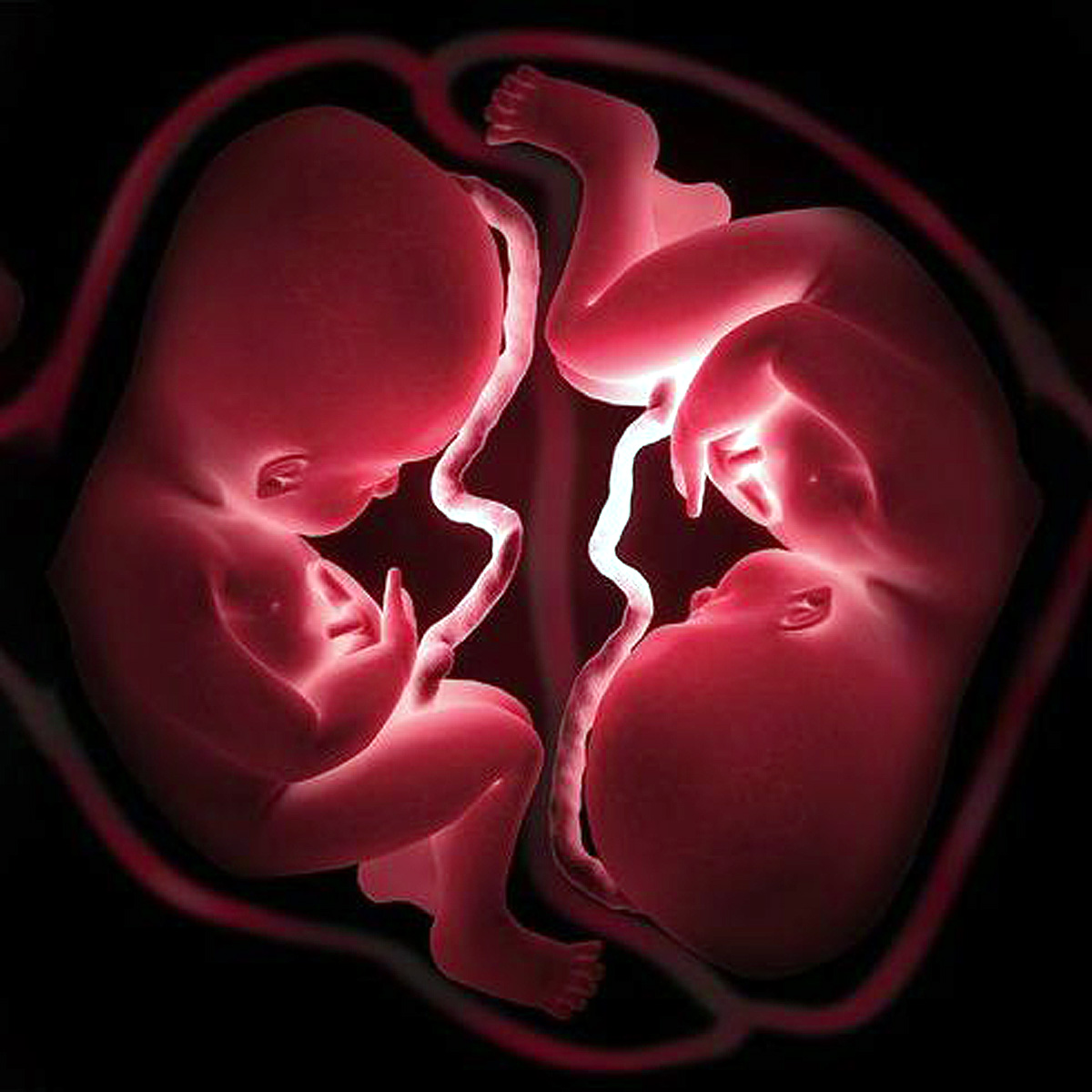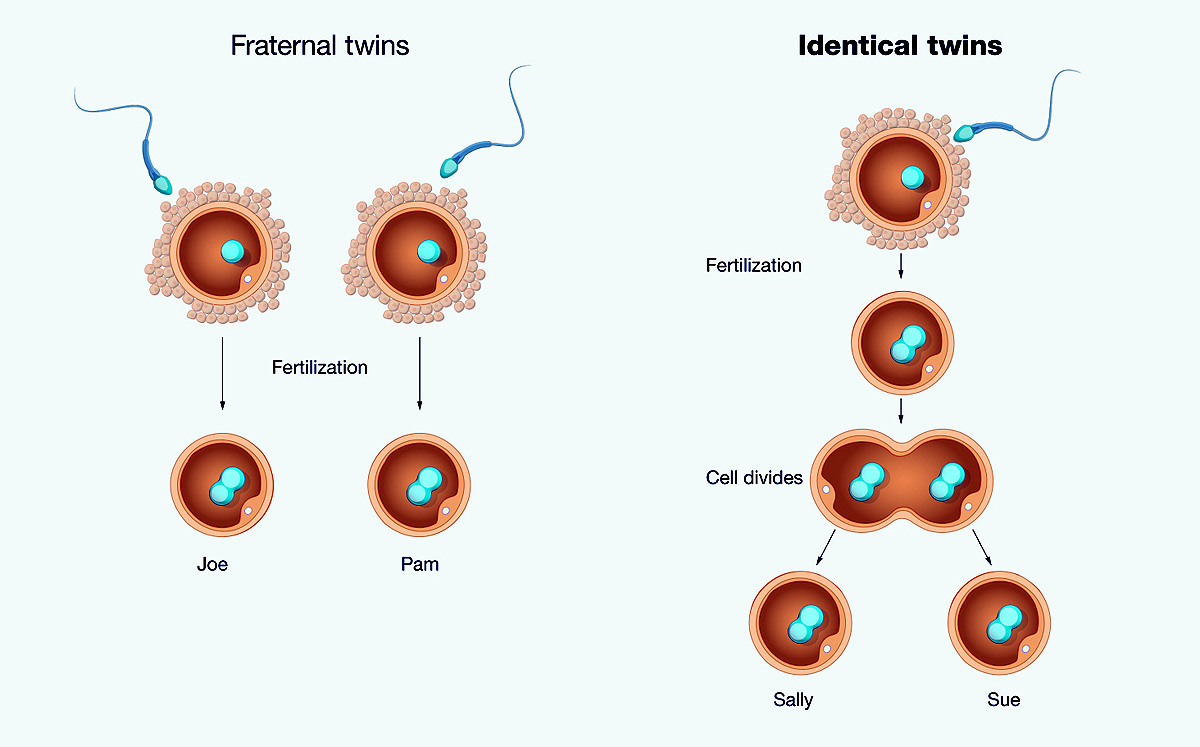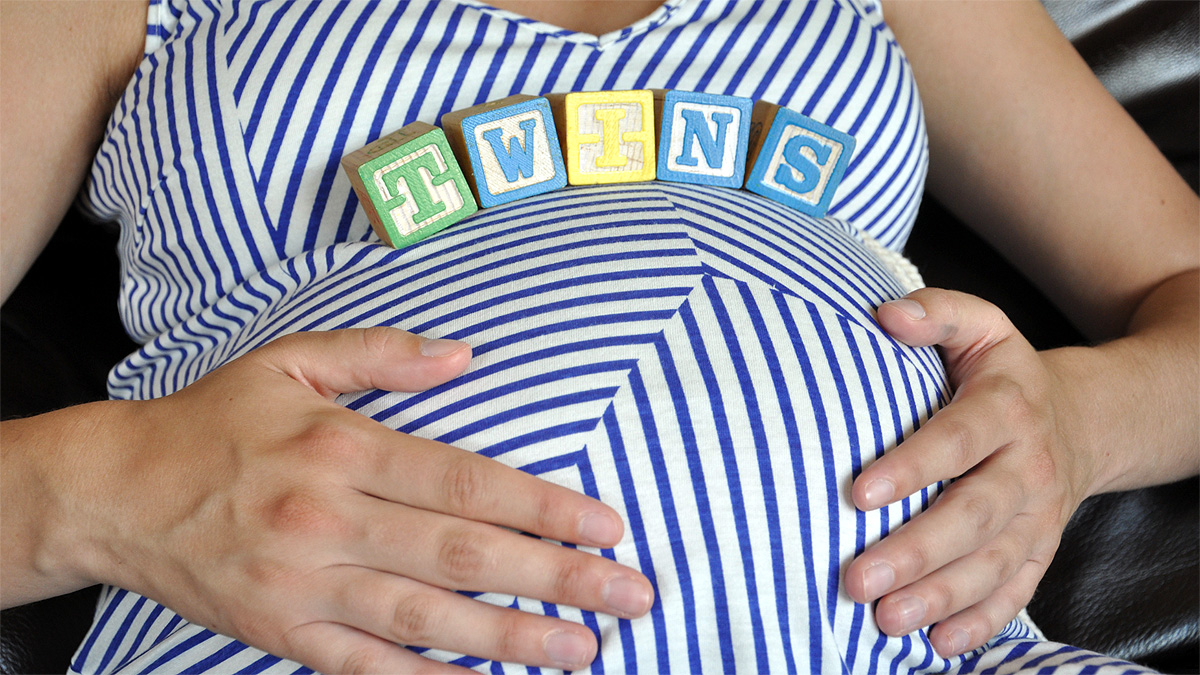'Bad Newz', produced by Dharma Productions, is making waves with its unique storyline featuring actors Vicky Kaushal, Tripti Dimri, and Ammy Virk in lead roles. The film revolves around an extraordinary case of pregnancy.
The spotlight is on a pair of twins, each with a different father. It might sound bizarre, but it is not fictitious. Such pregnancies, known as heteropaternal superfecundation, are an extremely rare occurrence.
Frequently, when one mentions twins, the image that springs to mind is of two kids who look alike, which happens when a single egg fertilized by a single sperm cell splits. These are referred to as identical twins, sharing the same father.

Source: aajtak
What is Heteropaternal Superfecundation?
This scenario, where two separate eggs are fertilized by sperm from different fathers in a single cycle, leads to what are known as fraternal twins. Though the condition heteropaternal superfecundation is exceedingly uncommon—with only 19 cases reported worldwide as of 2020—it is indeed possible for twins to have different fathers.
Typically, a woman releases one egg during her menstrual cycle, within an ovulation window of 12 to 24 hours. If she has intercourse with a man, followed by the release of a second egg within the same ovulation window and subsequent intercourse with another man, it is plausible that the two eggs could each be fertilized by sperm from these separate encounters.

Source: aajtak
This phenomenon also occurs when a woman simultaneously releases two eggs and has relations with different partners during ovulation. Importantly, sperm can survive in a woman's body for up to 5 days, therefore fertilization with two different sperms at the same time is feasible, resulting in twins with different fathers but the same mother.
According to McGill University, the phenomenon is extraordinarily rare and typically goes undetected unless there is some dispute. It usually comes to light when twins show significant differences in appearance, prompting a paternity test.

Source: aajtak
Doctors suggest that heteropaternal superfecundation can impact the emotional health of the mother and biological fathers, potentially exacerbating mental health issues such as depression, stress, and anxiety. Complications such as preterm delivery or one of the twins being underweight can arise in these cases.




